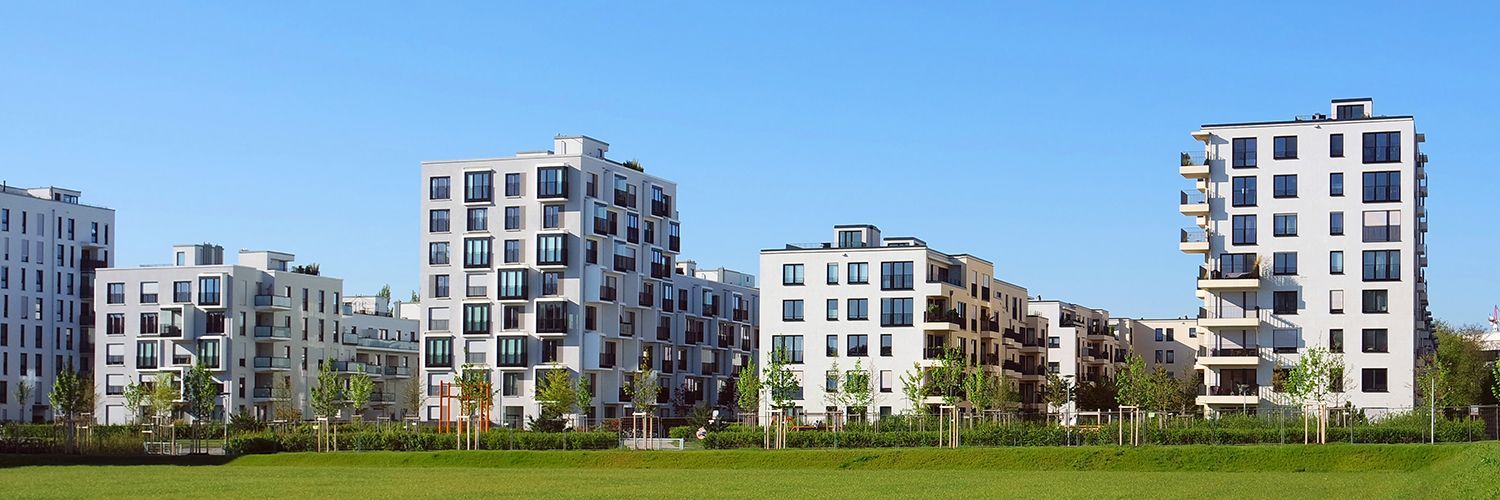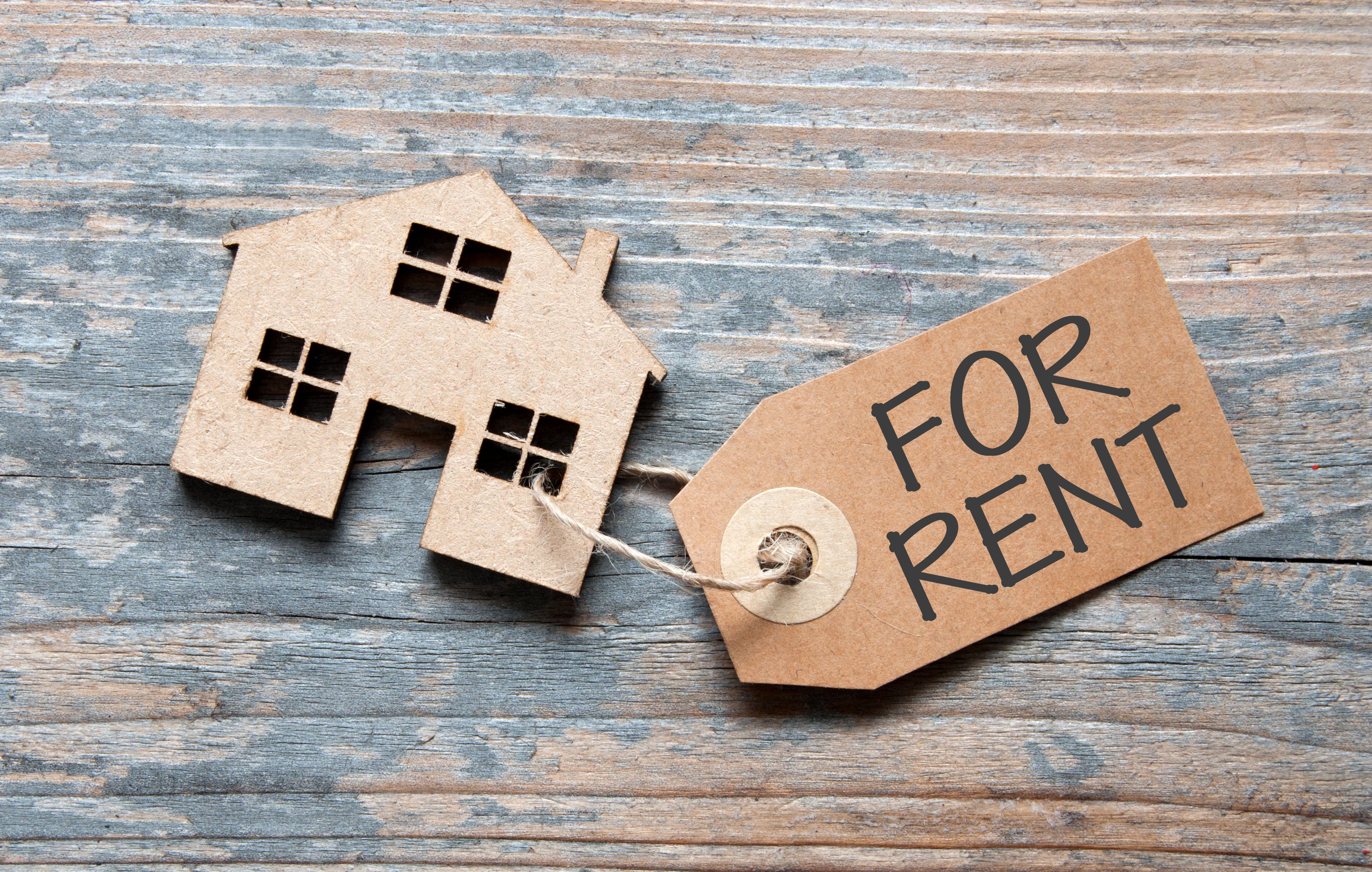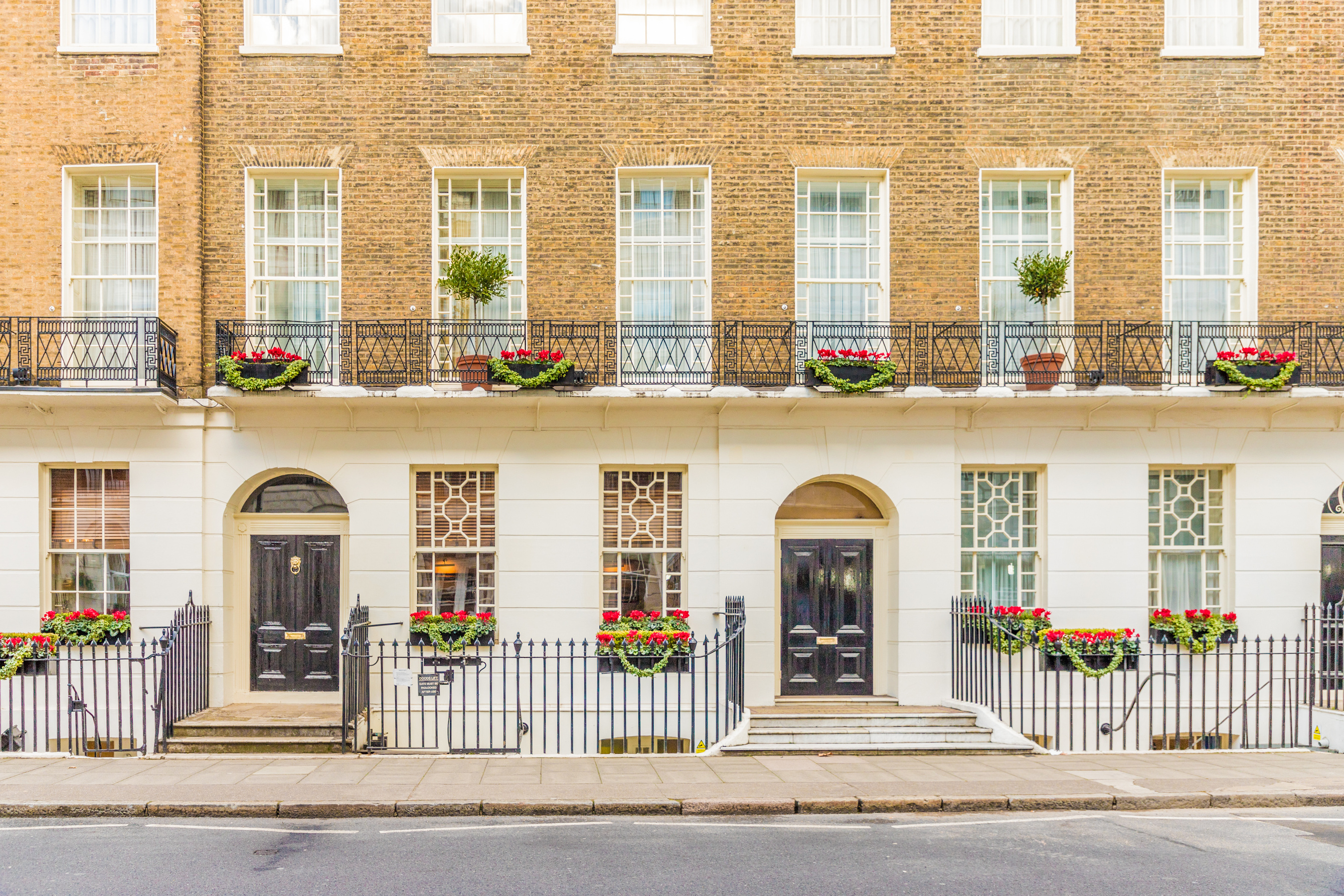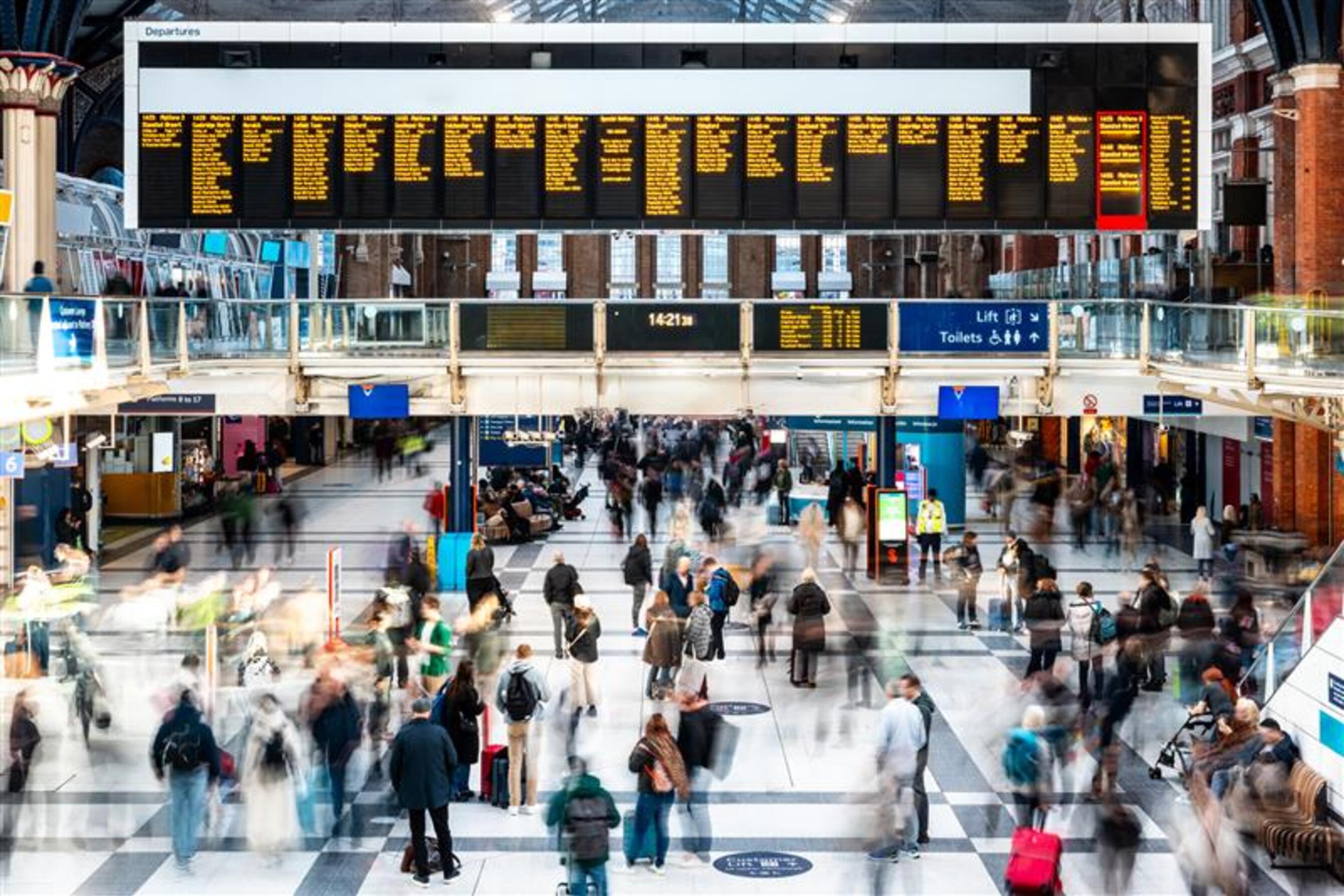Best questions to ask an estate agent for buy-to-let investors
Communication with an estate agent before buying a property is always key, and this is particularly important for buy-to-let investors. There are key questions that should be asked, and they can differ from the standard question that a house hunter would think of. We asked Guild agents to share their top tips to ensure that investors have all the information they need before making an offer.
Is the property freehold or leasehold?
“I would always recommend buy-to-let investors to check whether the property is freehold or leasehold initially to factor in any service charges and ground rents which could impact yield,” said Joe Gervin from LPS in Liverpool.
Philip Jackson from Maguire Jackson in Birmingham explains why this is crucial. “Find out if you are buying a leasehold apartment and what the annual service charge is, because you the landlord are liable for this annual cost. Also, what is the size of the managing agents Sinking Fund in the building regarding cover for future works planned?”
“For first time landlords, my advice is to be prepared,” says Helen Jolly of Emsleys Estate Agents, Leeds. “If looking to buy a leasehold property, ask what is the service charge, what does it cover, and how will large maintenance and repair works be paid? How long is the lease?”

Has the property been rented before? What is the demand like?
“I would want to see a copy of the current tenancy and deposit protection, together with a schedule of rent history. Having a good feel for the kind of tenant in the area is important for future lets,” said Joe Gervin from LPS in Liverpool.
An agent can advise you on the quantities of people looking to rent this style of property. “Consider the competition. Find out from local agents whether there is there good rental demand for your proposed purchase plus if this might be effected in the near future,” said Philip Jackson from Maguire Jackson.
“Investigate the rental demand for that area and ascertain the rental level from agents in the area to do their homework to see how quickly similar properties are let,” advises Stephanie Caine from Royston Lund in West Bridgford.
Is the area safe and desirable?
Joe Gervin from LPS in Liverpool said; “Looking at local amenities such as train stations, schools, and local amenities such as sports centres all helps. The shops can suggest something about the local area as well. Lots of boutique coffee houses and trendy bars suggests professionals with a higher disposable income – these are often the dearer properties though which could impact yield.”
“Location is key in lettings, as much as it is in selling,” says Helen Jolly from Emsleys Estate Agents in Leeds. “Choose a property that suites the market, so if you’re looking in a family area, buy a family house.”
There is more to consider about the area, too. “Is it a good area?” asks Nichola Wallis from Holroyd Miller, Wakefield. “Are there signs of regeneration, and is it on the up if it hasn’t already been regenerated. Look at the demographics of area to decide.”

What is most important for you?
Tim Goodwin from Williams and Goodwin, Gwynedd, recommends a more bespoke approach, which requires some thought from the landlord beforehand.
“I ask buy-to-let buyers what is most important to them - is it yield, potential void periods, hassle factor, capital growth or ease to let now and in the future?
“For example, a buy-to-let purchaser of a five-bedroom property in the University City of Bangor could obtain a yield between 12% and 15%, which on the face of things may appear very attractive, but the stress of finding five sharers, dealing with the fact that they may fall out with each other and the additional wear and tear may put off certain purchasers.
“If maximising yield is not the main driving force, the ease of letting the unit and minimising maintenance may appeal, for instance we have clients who are just looking for a greater yield than can be currently obtained from more traditional investments where a return above 5% would suffice.”
Paul Spencer from Victor Michael Estate Agents in London and Essex agrees that it is important to decide which type of let is preferred before starting a property search.
“Is your investment long term?,” he asks. “Natural growth is often underrated. For some people, if costs are covered, the yield the property can generate is not as important. If you are looking to cover costs in the long term, there can be no greater asset than having the right tenant in your investment for as long as possible. Most new investors, however, turn to short term investments.”
What is the energy efficiency like?
“Be mindful of energy performance ratings,” advises Lawrence Williams of Webbers Property Services in Devon, Cornwall and Somerset. “The Law is changing from April 2018 and properties which have a poor energy efficiency rating will be required to upgrade. Tenants expectations rise year after year and a low cost energy-efficient property is more important than ever, and will ensure you don’t have any surprises next year.”





